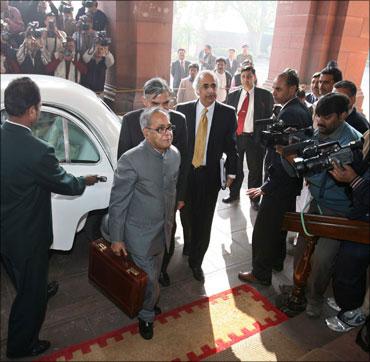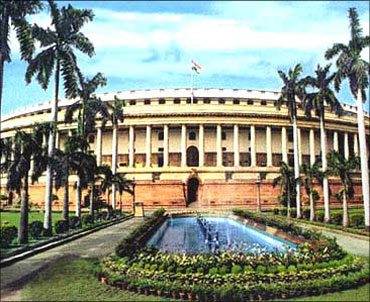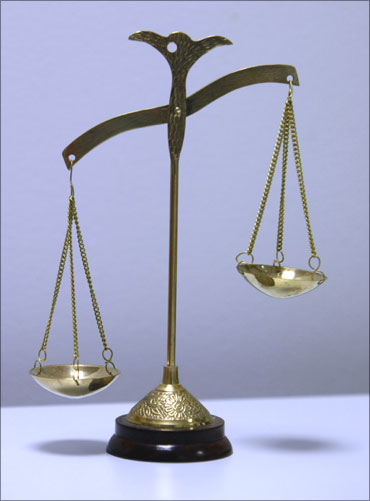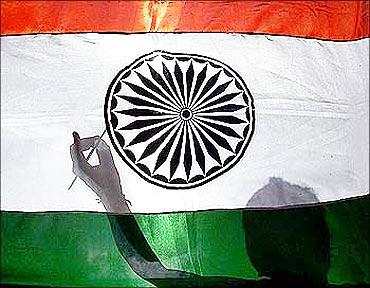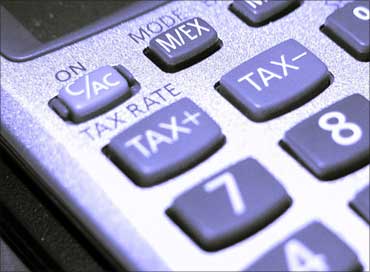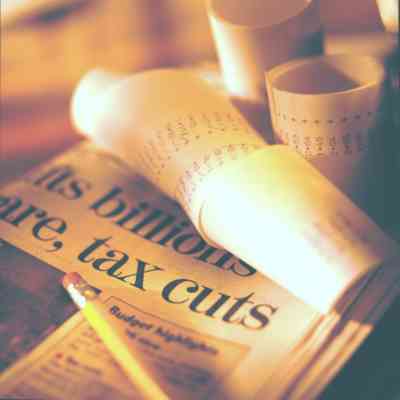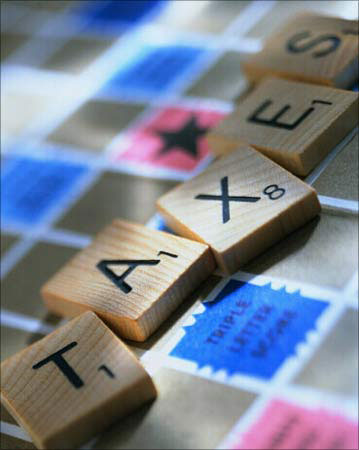 | « Back to article | Print this article |
Services negative list likely in next Budget
The finance ministry may announce a negative list for services in the next Budget, despite suggestions from the industry it be introduced alongside the goods and services tax.
Currently, the Centre has a positive list of services, in which a detailed description is provided for each taxable service.
Services not specified are not liable to be taxed.
In a negative list approach, barring a few services listed by the government, all others will be taxed.
Click NEXT to read further. . .
Services negative list likely in next Budget
The idea behind moving to a negative list is to ensure there are no unintended tax exemptions.
The ministry is of the view that moving towards a negative list by next year itself will prepare the government as well as the industry for a new system before the GST is introduced.
The industry, on the other hand, has told the government it is in favour of a negative list, but introducing it only at the Central level will defeat its purpose.
States do not have the power to tax services in the existing regime.
Click NEXT to read further. . .
Services negative list likely in next Budget
But, the Constitutional Amendment Bill for the introduction of GST being vetted by a Parliamentary Standing Committee will empower states to do so.
"The general feeling in the finance ministry is the negative list should be announced in the Budget.
"However, it may come into effect only from July 1, 2012 so that the industry gets some time to make a switch from the positive list.
"We feel it will prepare the ground for GST," said a finance ministry official.
Click NEXT to read further. . .
Services negative list likely in next Budget
"Another reason the finance ministry wants to introduce the negative list next year is that the talks between the Centre and the states on GST are not making much headway.
"So, there is no certainty over when the new indirect tax regime would actually come into effect.
In a concept paper on the negative list for services released in August, the finance ministry had proposed 27 broad categories of services in the negative list, under nine different heads.
These included social welfare and public utilities, agriculture and the financial sector.
It proposed to tax new services, such as paid government services, rail travel, donations to educational institutions and certain health services.
Click NEXT to read further. . .
Services negative list likely in next Budget
The initial negative list may be kept a little longer to keep controversial items like health and education out of the tax net.
But once GST is introduced, the list may be pruned and these services can be covered, according to the official.
The industry was not opposed to the taxation of health and education but had sought some clarifications, the official said.
Services where the government competes with the private sector, such as transport, may be taxed.
Click NEXT to read further. . .
Services negative list likely in next Budget
But, non-competing services such as police services (excluding security) may come in the negative list.
Finance minister Pranab Mukherjee in his Budget speech for 2011-12 had proposed to initiate an informed public debate on the subject to help the government finalise the approach to GST.
Over 60 per cent of India's gross domestic product comes from services.
Services contributed about Rs 50 lakh crore (Rs 50 trillion) to GDP.
Click NEXT to read further. . .
Services negative list likely in next Budget
The Centre imposes a 10 per cent tax on 119 services.
On a rough estimate, nearly 40 per cent of the total services will come into the tax net as a result of the proposed negative list.
However, a large part of the informal sector would still remain outside the tax ambit due to the threshold exemption.
Thus, the potential for effective taxation of services may be confined to about 20-25 per cent of the service sector contribution.
